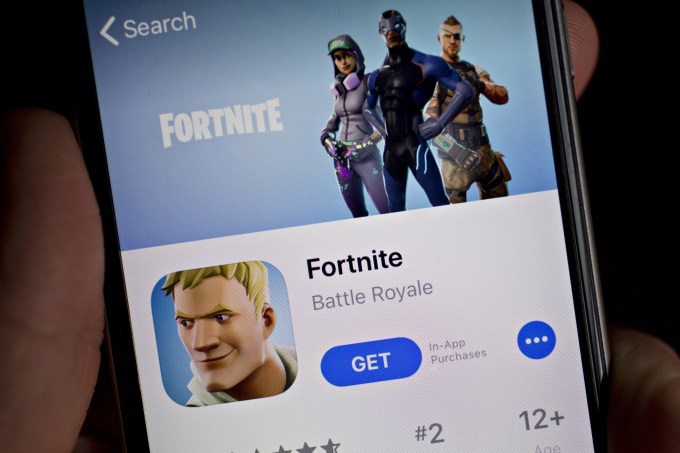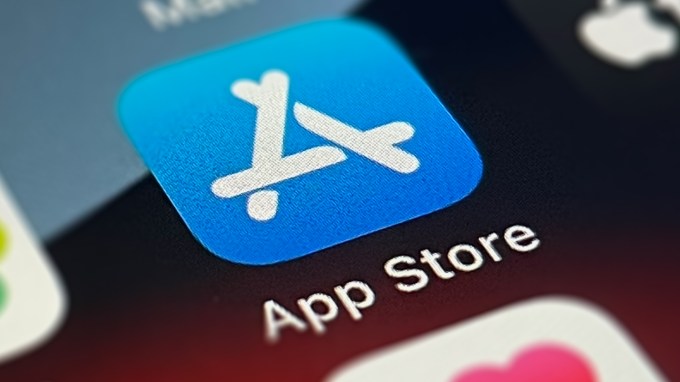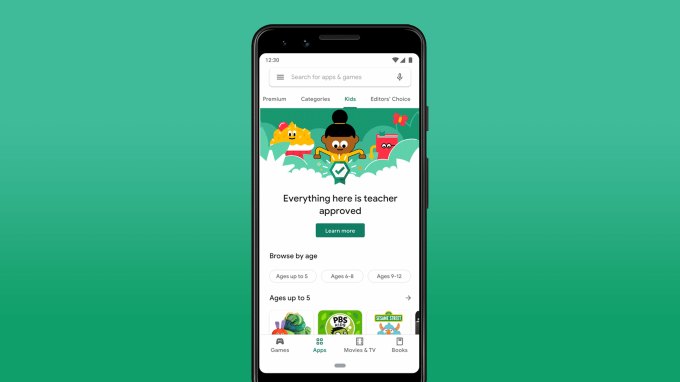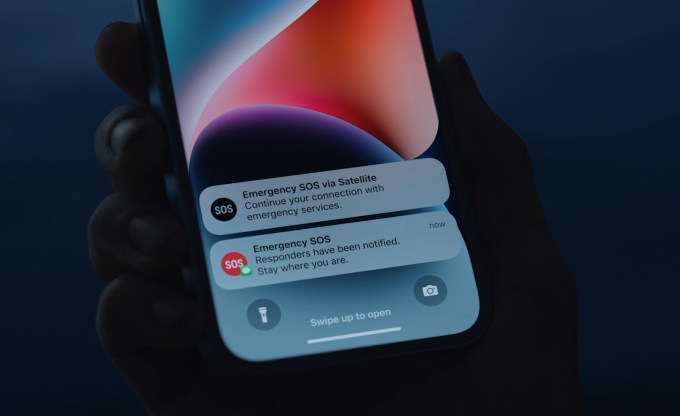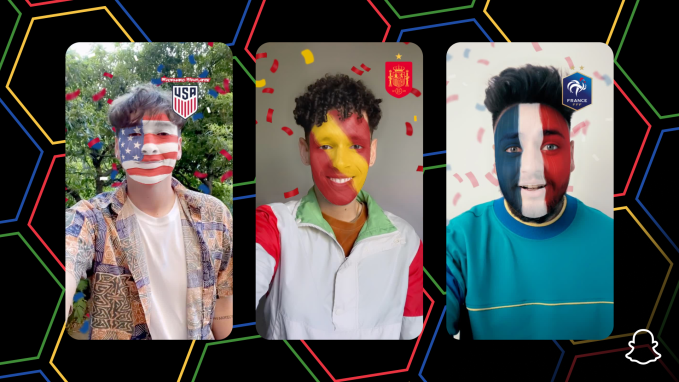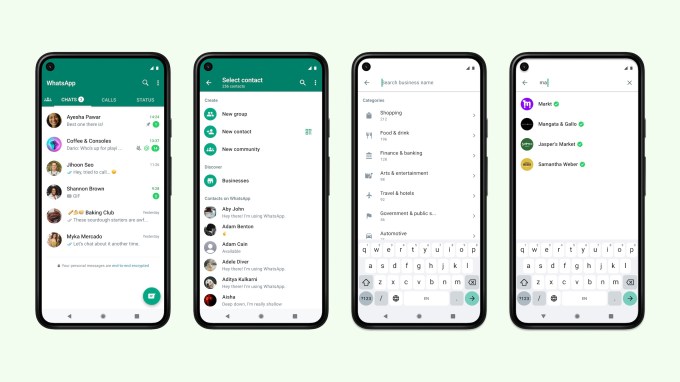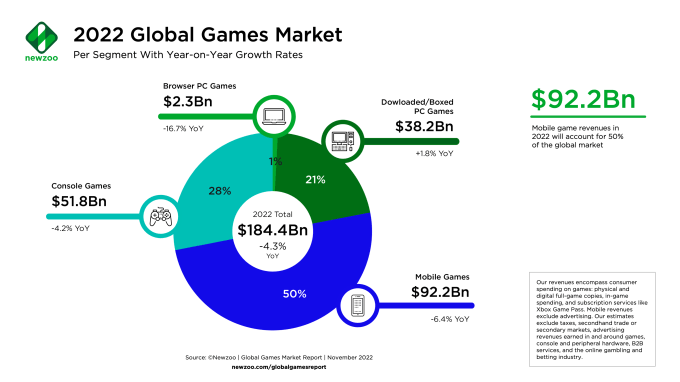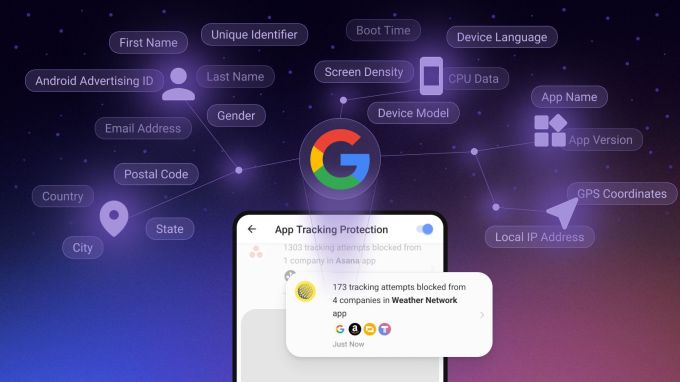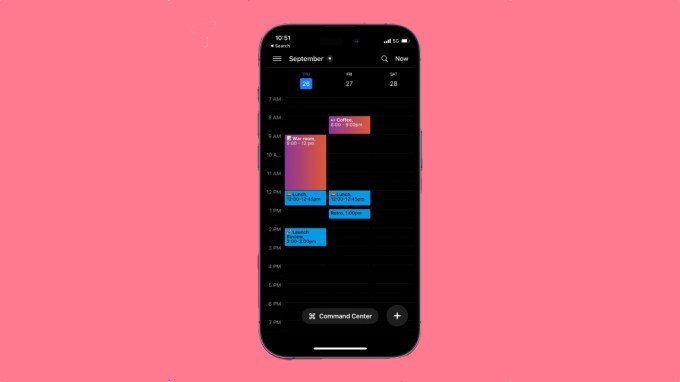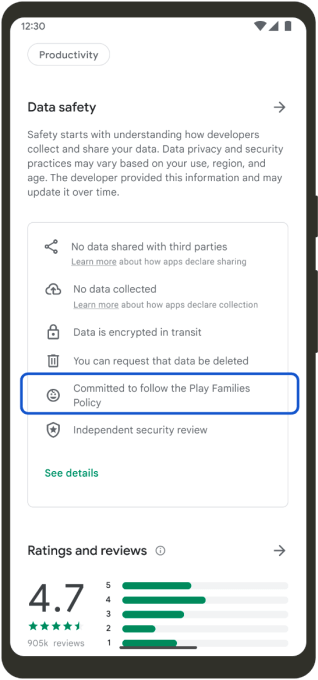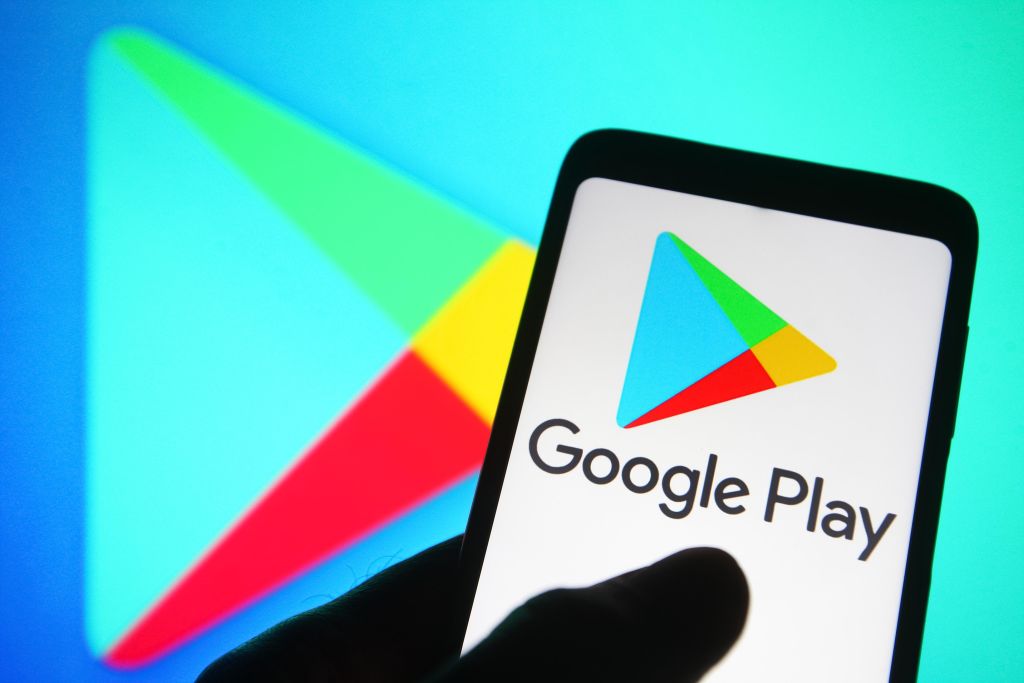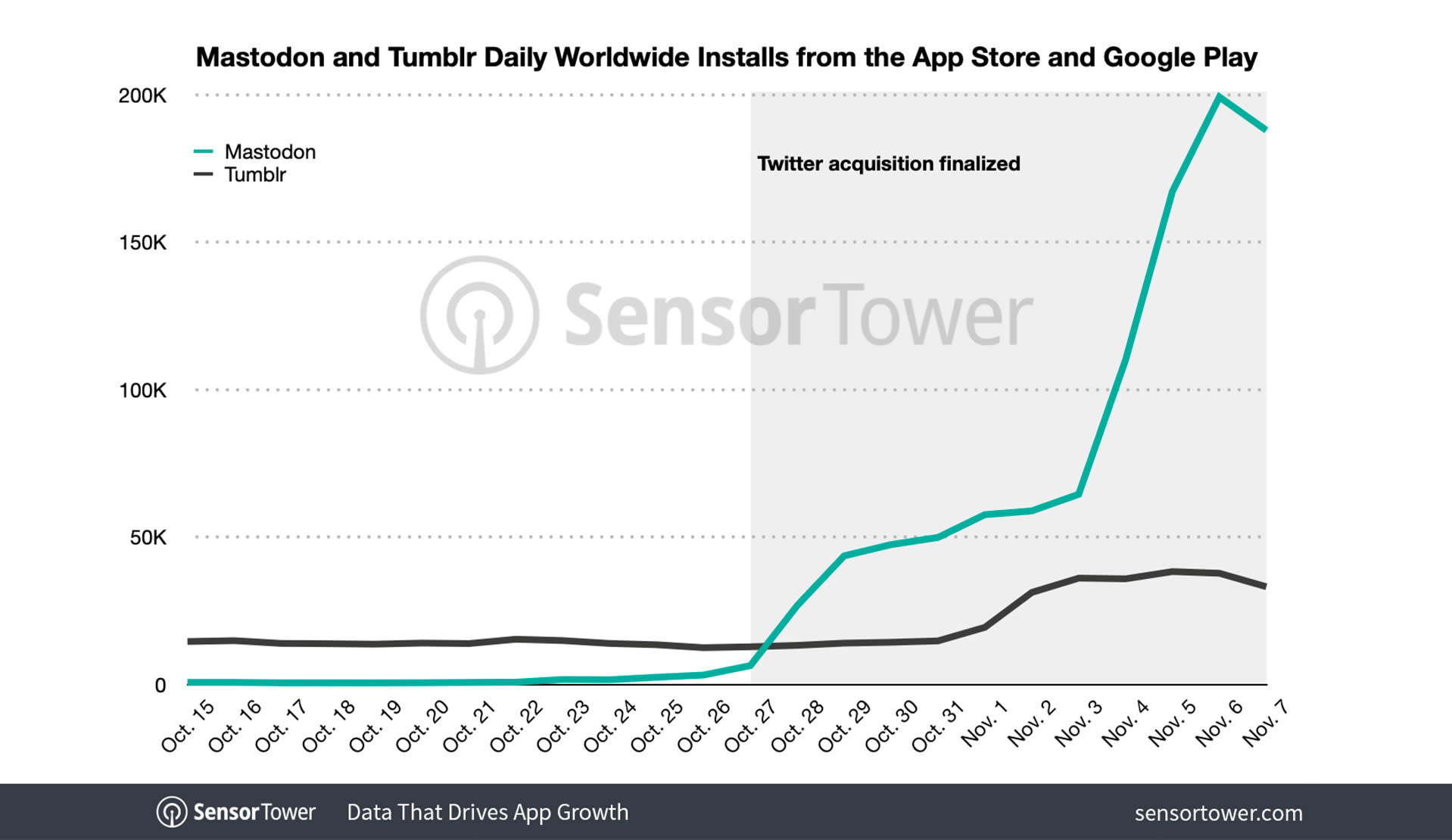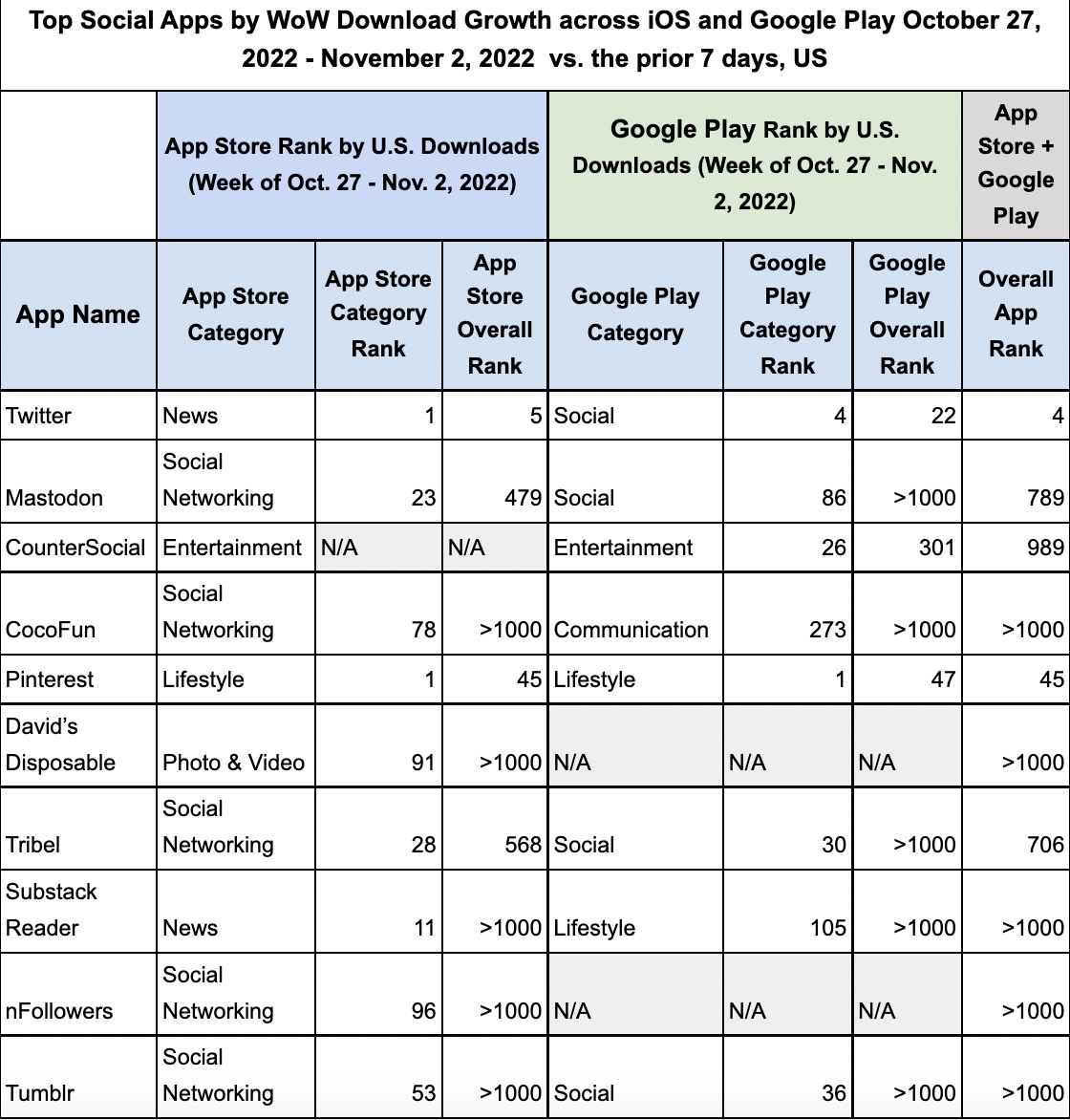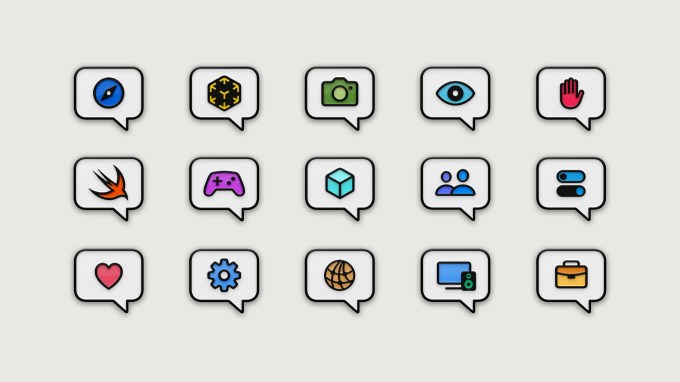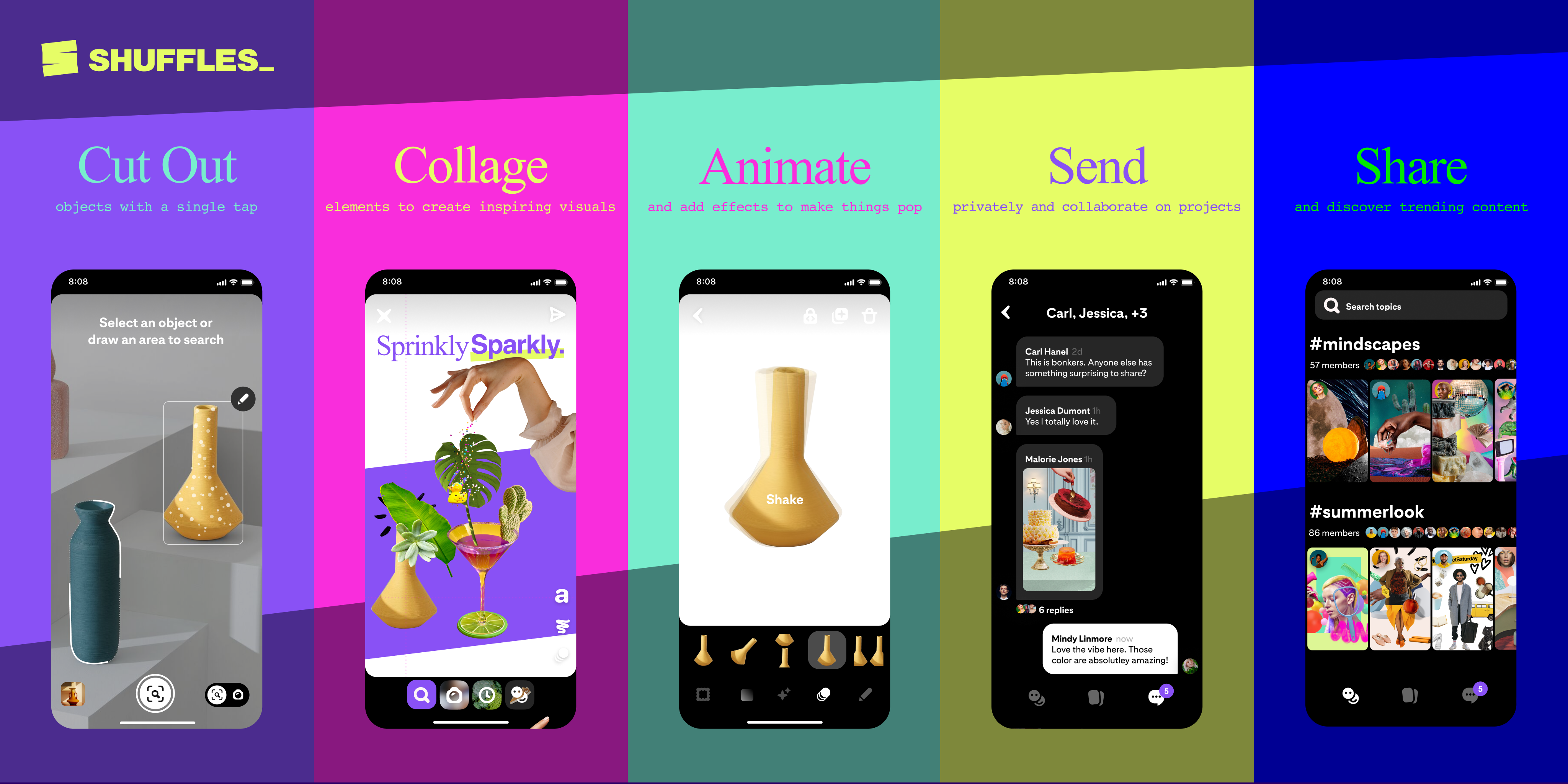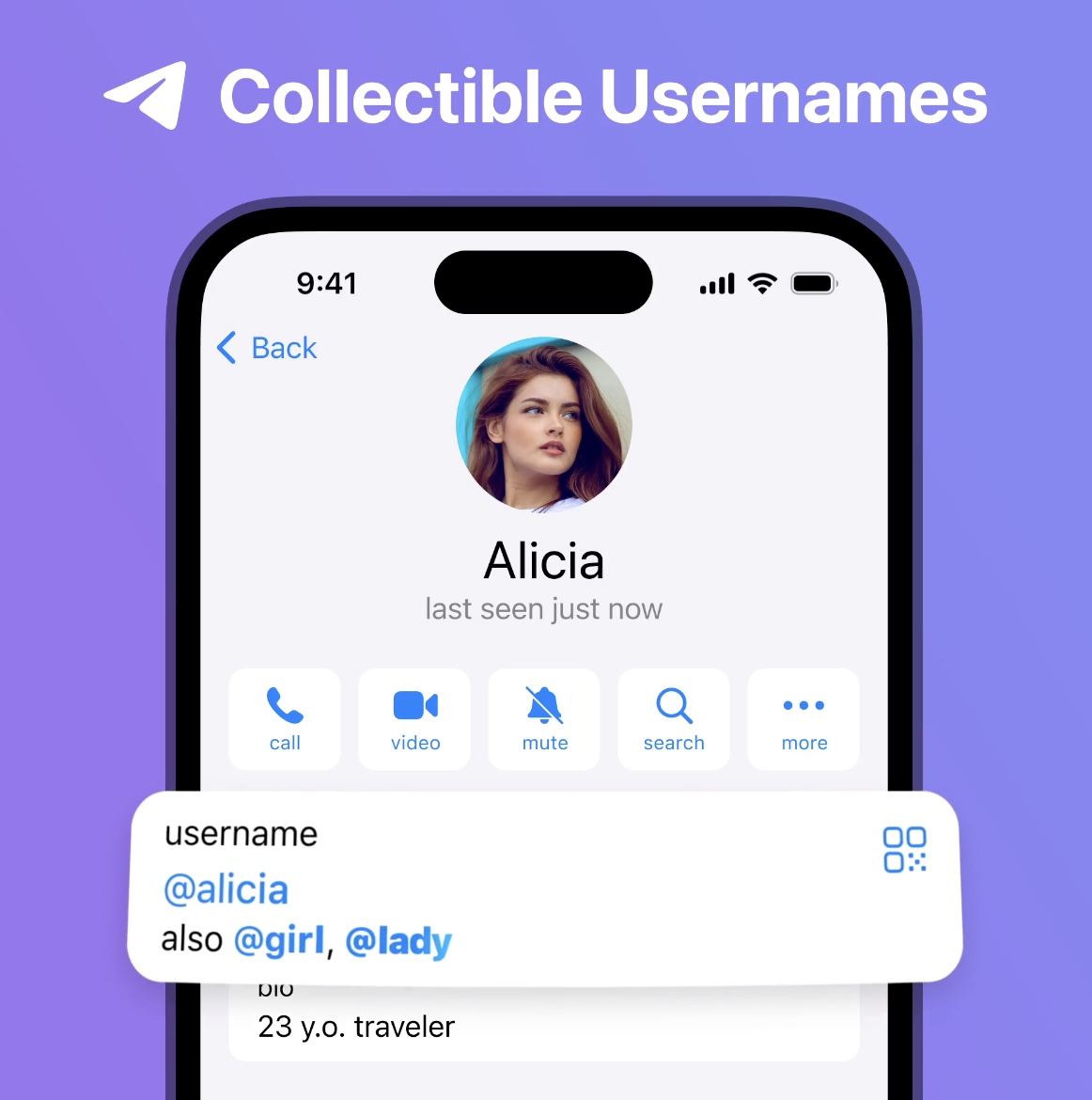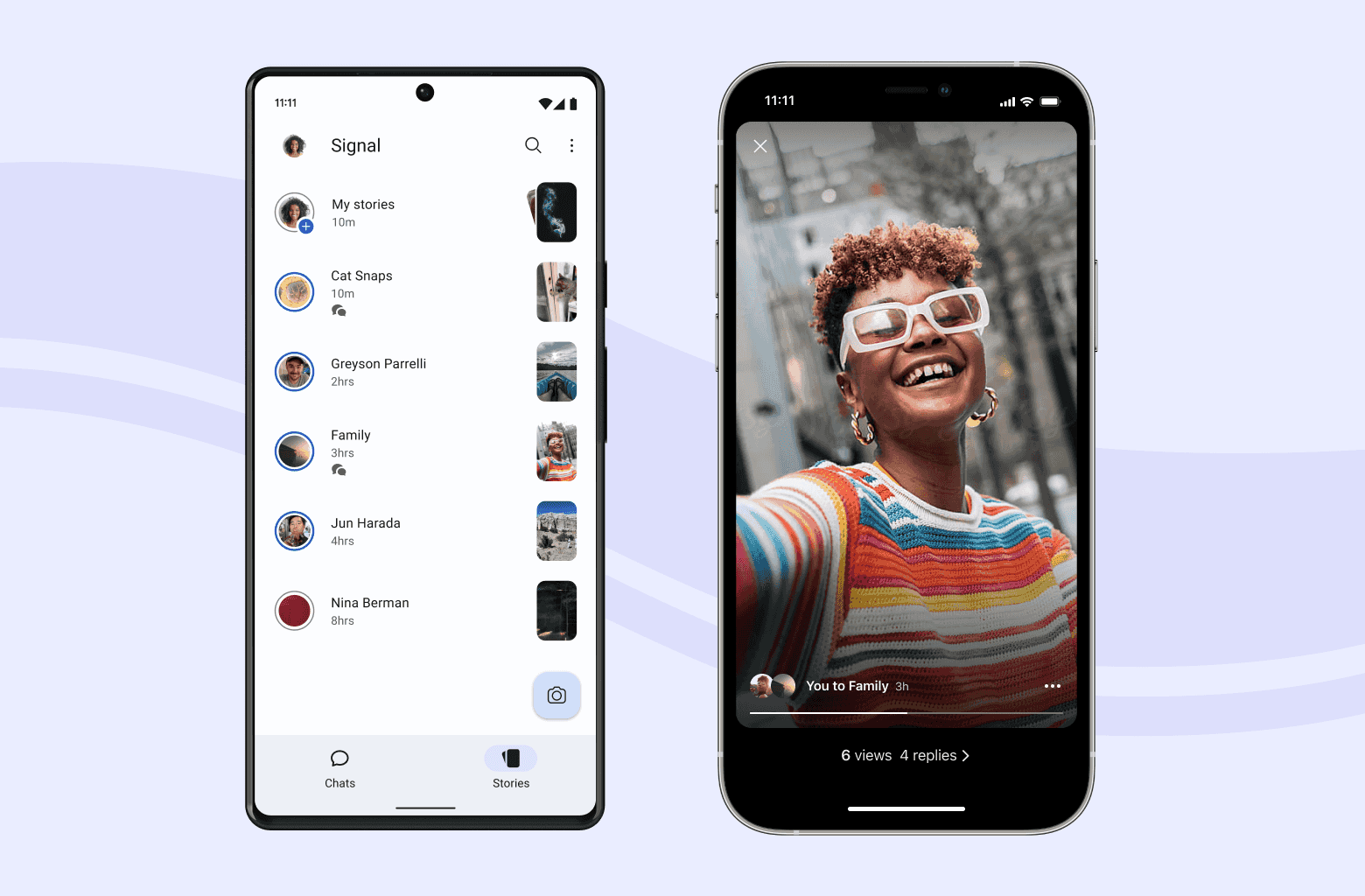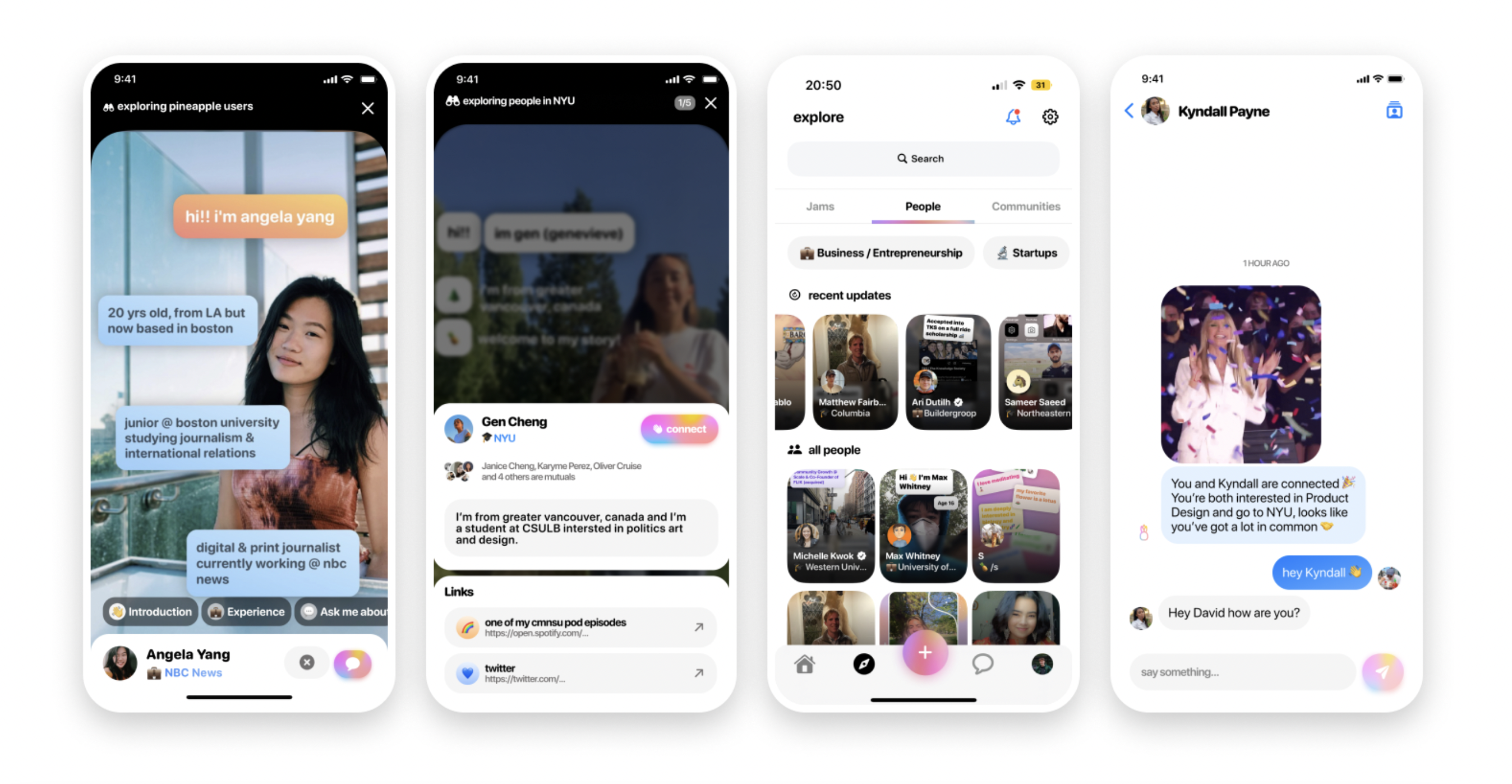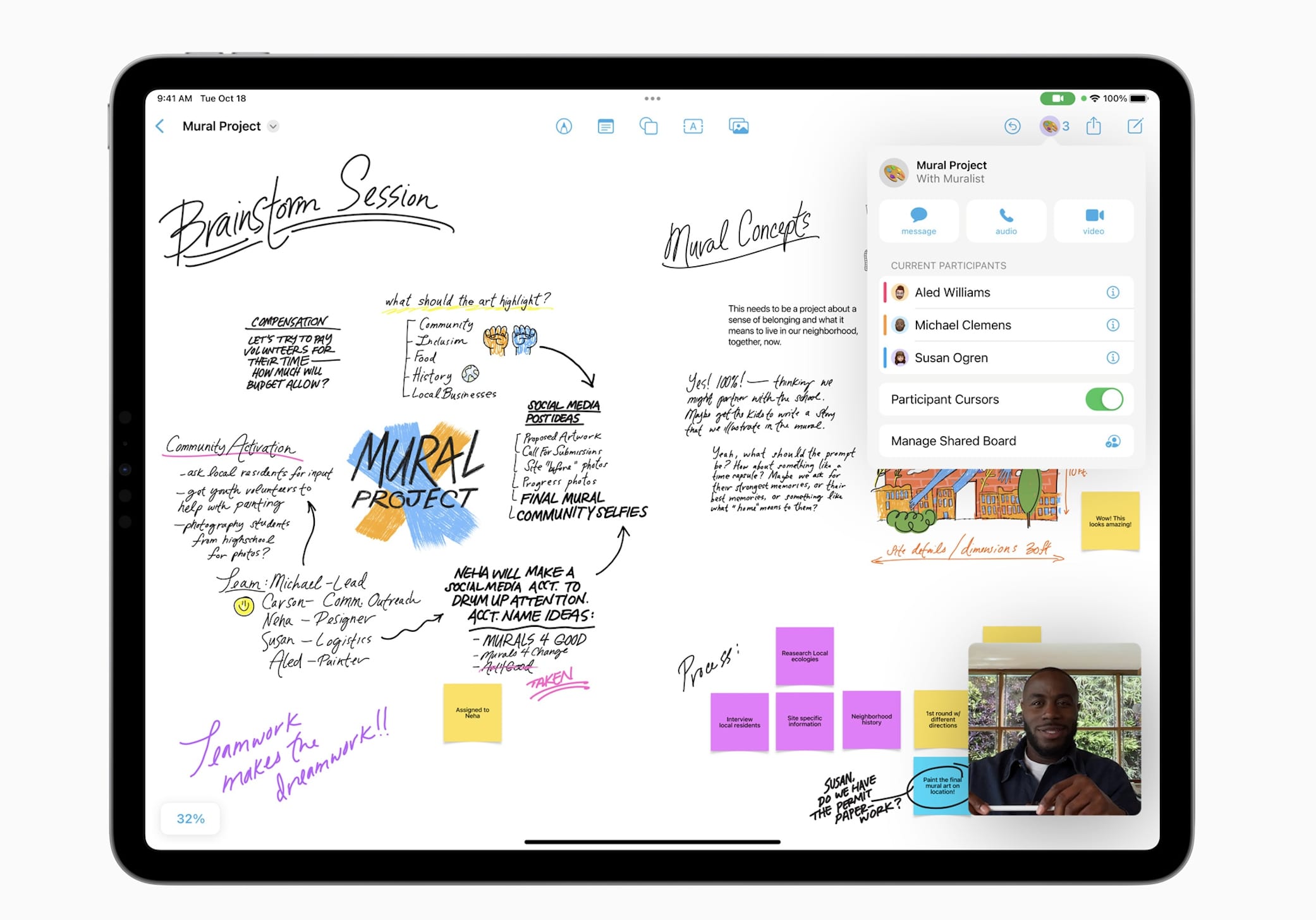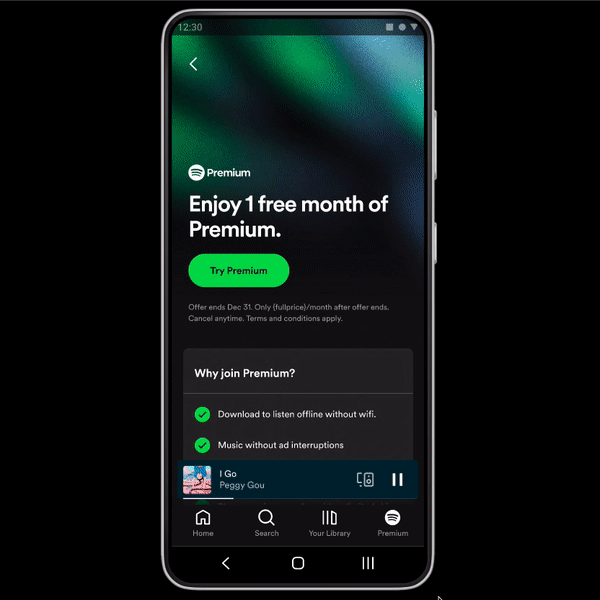Welcome back to This Week in Apps, the weekly TechCrunch series that recaps the latest in mobile OS news, mobile applications and the overall app economy.
Global app spending reached $65 billion in the first half of 2022, up only slightly from the $64.4 billion during the same period in 2021, as hypergrowth fueled by the pandemic has slowed down. But overall, the app economy is continuing to grow, having produced a record number of downloads and consumer spending across both the iOS and Google Play stores combined in 2021, according to multiple year-end reports. Global spending across iOS and Google Play last year was $133 billion, and consumers downloaded 143.6 billion apps.
This Week in Apps offers a way to keep up with this fast-moving industry in one place with the latest from the world of apps, including news, updates, startup fundings, mergers and acquisitions, and much more.
Do you want This Week in Apps in your inbox every Saturday? Sign up here: techcrunch.com/newsletters
Top Stories
App Store significantly expands pricing options
Apple this week loosened its requirements around how developers have to price their apps as legal and regulatory pressure over its tight control of the App Store intensifies. The company announced an expansion of its App Store pricing system to offer developers access to 700 additional price points, bringing the new total number of price points available to 900. It will also allow U.S. developers to set prices for apps, in-app purchases or subscriptions as low as $0.29 or as high as $10,000, and in rounded endings (like $1.00) instead of just $0.99. Similar new policies to reduce restrictions around price points will roll out in global markets, alongside new tools aimed at helping developers better manage pricing outside their local market.
The changes initially became available starting on December 6, 2022, for auto-renewable subscriptions. They’ll become available to paid apps and in-app purchases in spring 2023.
Developers will also be able to now publish prices that end in $.00 instead of $.99 or €X.99 or those that begin with two repeating digits, like ₩110,000.
Plus, new pricing tools are being made available that allow developers to set their subscription prices in their local currency as the basis for automatically generating pricing across the other 174 storefronts and 44 currencies. When the pricing is set automatically, pricing outside a developer’s home market will update as foreign exchange and tax rates change. Developers can also still choose to set prices manually if they prefer. And they’ll be able to make in-app purchases available by storefront.
The changes rolled out after Apple last year settled a class action lawsuit with U.S. app developers, which included a number of concessions, one of which was an agreement to expand the number of price points available from fewer than 100 to more than 500.
Debate over top app Lensa AI

Image Credits: Lensa AI on Instagram (opens in a new window)
The photo editing app Lensa AI has been going viral over a new feature that offers to create “magic avatars” from a series of uploaded selfie photos. The avatars are created using the open source Stable Diffusion model to transform your photos into those that look like they were created by a digital artist. But there’s controversy surrounding how these images are made.
The feature isn’t quick or cheap — the processing time can take half an hour or even multiple hours to complete. Lensa’s pricing model is also fairly crafty. It’s either $3.99 for 50 unique avatars (five variations of 10 different styles) if you’re a subscriber, or $7.99 if not. If you want more avatars, it costs $11.99 for 100 unique avatars (10 variations of 10 styles) or $15.99 for 200 avatars (20 variations of 10 styles) — which again, can be discounted by 50% if you subscribe. This sort of hybrid pricing was hailed as both clever and opportunistic. It’s also one of those apps that uses dark patterns to try to get users to subscribe immediately upon first launch, with a pop-up splash screen you have to bypass to use the app for free.
But the big backlash isn’t over the cost, it’s about Stable Diffusion, the AI generator powering the service. The AI was originally trained on 2.3 billion captioned images from the internet, some of which are watermarked and copyrighted works, as well as a number of images from sites like Pinterest, Smugmug, Flickr, DeviantArt, ArtStation, Getty and Shutterstock. The issue at hand is that artists didn’t opt in to have their work included in the training data, nor can they now opt out.
Artists, understandably, are concerned. Now their unique styles are being duped by an AI model, meaning their original art will become lost among the now numerous auto-generated copycats. Some see this not only as an existential threat, but also as a form of unregulated stealing. Consumers, meanwhile, were simply enjoying the photos they had paid for without an understanding of how the tech worked, then became subject to backlash or shaming from those who did. More conscientious objectors soon realized they had just thrown away their money on profile pictures they now didn’t feel ethically comfortable in using. These are complex problems that need more discussion. At least when Instagram first launched its filters, they were donated by an artist, Cole Rise. (While he may have later regretted giving up his art to the company, the filters weren’t stolen.)
In addition, the app maker faced another serious issue, when people discovered it was easy to use to make non-consensual nude images in the app. If users uploaded Photoshopped images of topless models with someone else’s face, for example, the AI disables its NSFW filter and will create higher-quality AI avatars of the person whose face was uploaded on the topless photo. The company said it was working to prevent this from occurring and noted attempting to make NSFW content was in violation of its terms of use.

Image Credits: Lensa AI
Third-party Twitter app developers are now building for Mastodon
There’s a subtle stirring in the Twitter app ecosystem as third-party developers are beginning to rethink their dependence on Twitter’s API.
Now having grown to 3.3 million+ active users, the open source Twitter alternative Mastodon has been gaining interest from third-party Twitter app developers in recent days. The makers of popular Twitter clients, including Aviary and Tweetbot, have set their sights on building similar apps for the growing Mastodon user base.
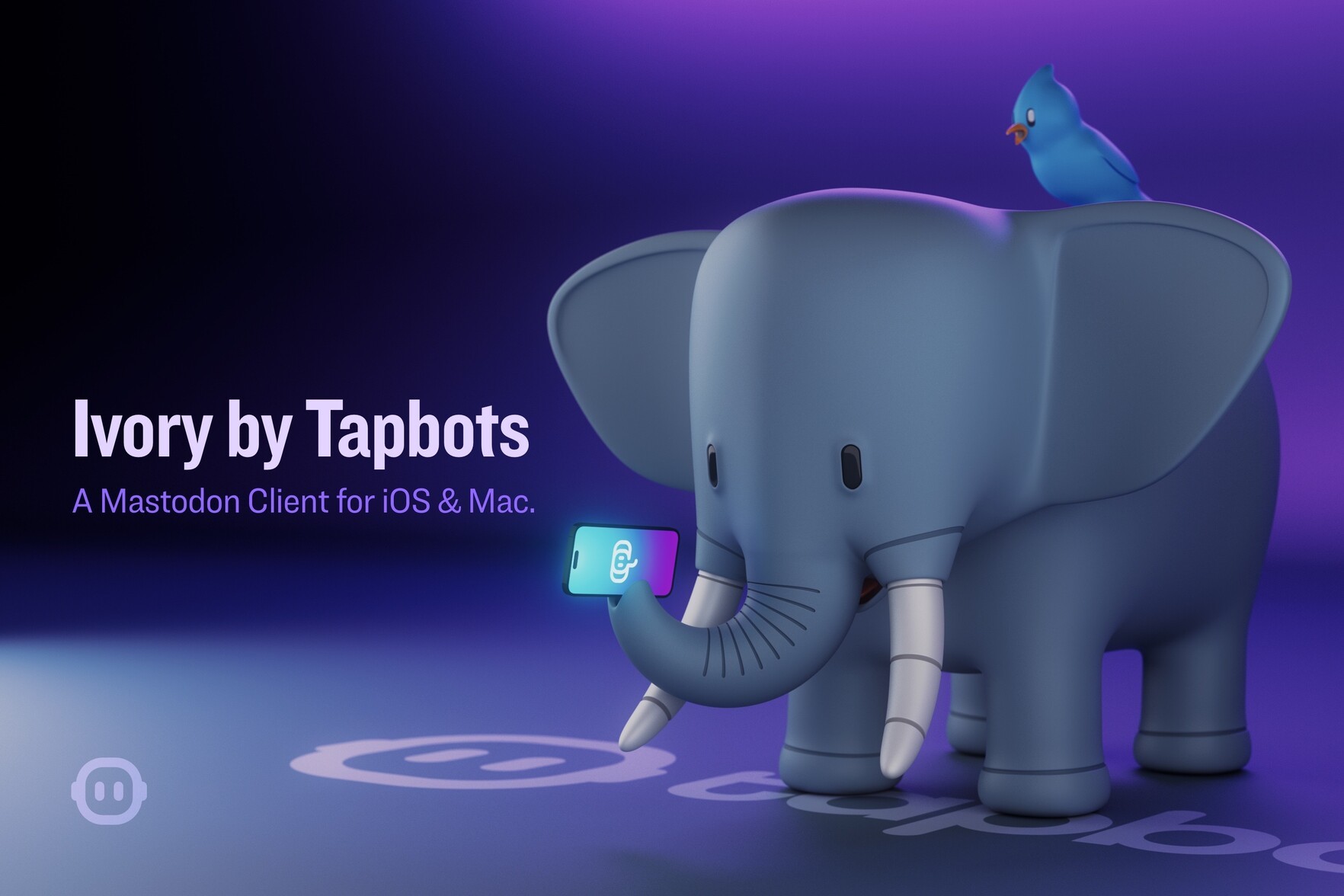
Image Credits: Tapbots
App developer Tapbots, known for its popular Twitter app Tweetbot for iOS and Mac, is building an app for the Mastodon community. The app is similar to Tweetbot, which is hailed as one of the third-party Twitter clients that keeps improving with age. This year’s release of Tweetbot 7, for example, added features like picture-in-picture, a stats tab and widgets. Now, Tapbots is working on Ivory, a subscription-based app for Mastodon that includes access to key features like your home timeline, @ mentions, favorites, search and trends, and your own user profile. Tweetbots’ developer Paul Haddad said the goal is to first ship a stable 1.0, then start adding more Mastodon-specific features, as well as some features that he had wanted to add to Tweetbot but couldn’t because of technical limitations.
Aviary’s developer, Shihab Mehboob, meanwhile, is building a Mastodon client, called Mammoth. The new app will be a paid download with a yet-to-be-determined price, and will include the latest Mastodon API features when they’re released, as well as 4.0 features like editing posts and edit history.
App makers aren’t the only developers impacted by the chaos at Twitter. As TechCrunch reported, Typefully, a Twitter thread-making app backed by Ev Williams, is now planning to shift focus to LinkedIn. Scheduler Chirr App is also working on a Mastodon integration, and Tweepsmap just launched a post scheduler for Mastodon, too.
Developer News
- iOS 16.2 RC has arrived ahead of next week’s public release. This is one of the bigger updates, as it will bring the new Freeform app, the just-announced karaoke experience called Apple Music Sing, the 10-minute AirDrop limit that hit China first, new Sleep and Medication widgets, new Home app architecture and, with iPadOS 16.2, the ability to use Stage Manager on iPads with an external display, among other things. It will also bring 5G support to iPhones in India.
- A day after Apple revamped its App Store pricing, RevenueCat said it would roll out A/B price testing features.
- Apple is launching Advanced Data Protection, a feature that offers end-to-end encryption on iCloud backups, Notes, Photos and more in the U.S. in 2022, then globally, including China, in 2023. There will be 23 data categories protected, with the exception of iCloud Mail, Contacts and Calendar, because of the need to interoperate with other systems. The FBI is not happy.
- Apple also announced an iMessage feature that will help users verify they’re messaging only the people they intended, plus Apple ID support for hardware security keys.
- However, the company said it’s pausing its efforts in launching a CSAM detection tool for iCloud Photos.
- The developer series “Ask Apple” is returning December 12-16, for another week of one-on-ones and group Q&As around app building.
- Google’s Pixel update brings the Google One VPN and Clear Calling (call enhancement) feature to Pixel 7/7 Pro and automatic speaker labels in the Recorder app to Pixel 6 and up. All Pixel devices will also gain a new privacy hub for settings.
App Updates
Image Credits: TechCrunch
- Reddit rolled out its fun end-of-year Recap experience to users, which includes stats about your time on site, the communities you engage with the most and more. This year, seemingly inspired by the popular Spotify Wrapped experience, Reddit is also doling out personalized, sharable cards that include fun stats, like your most upvoted comment or if you’re team cat or dog, among other things.
- Snap announced at its annual Lens Fest it now has 300,000 developers building AR products and will soon allow creators to build Lenses that feature digital goods that can be purchased with Snap Tokens. Users will be able to unlock power-ups, AR items and extra tools within select Lenses as part of this test. Snap also announced a partnership ith Adidas for a Bitmoji Fashion Drop.

Image Credits: Snap
- Twitter is going to launch dual pricing for its upcoming Twitter Blue subscription relaunch. App Store users will pay $11 per month due to the “Apple tax,” while those who pay on the web will only be charged $7 per month.
- Calm’s meditation app is catering to gamers with the addition of new auditory environments from games like “Halo Infinite” and “Sea of Thieves,” which can help some people focus and boost their mood.
- Instagram’s latest feature will inform creators and brands if their content is ineligible for recommendation and why.
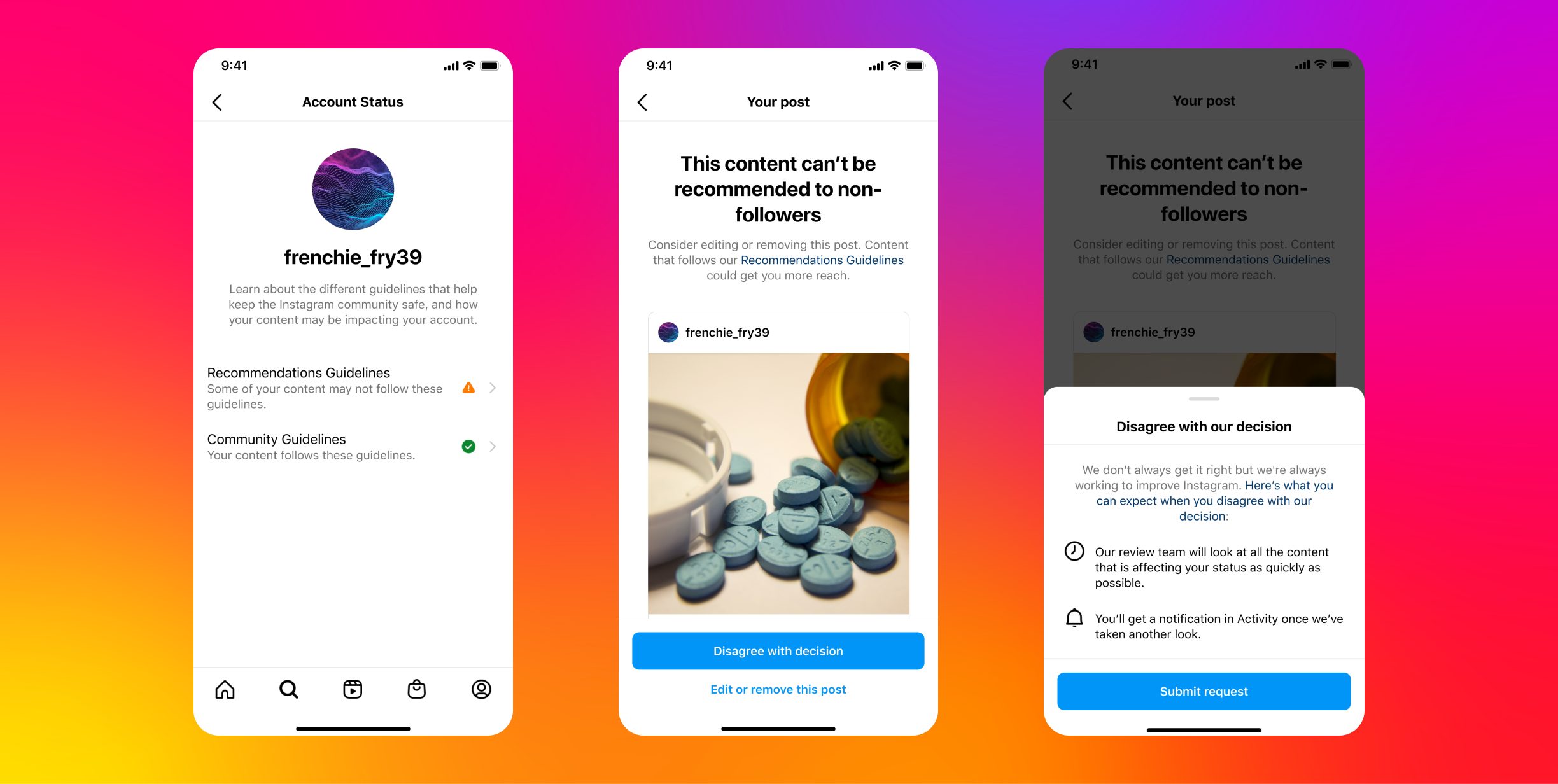
Image Credits: Instagram
- Celeb greetings app Cameo debuted Cameo Kids, offering personalized video messages from popular kids’ characters like Santa and Thomas the Tank Engine.
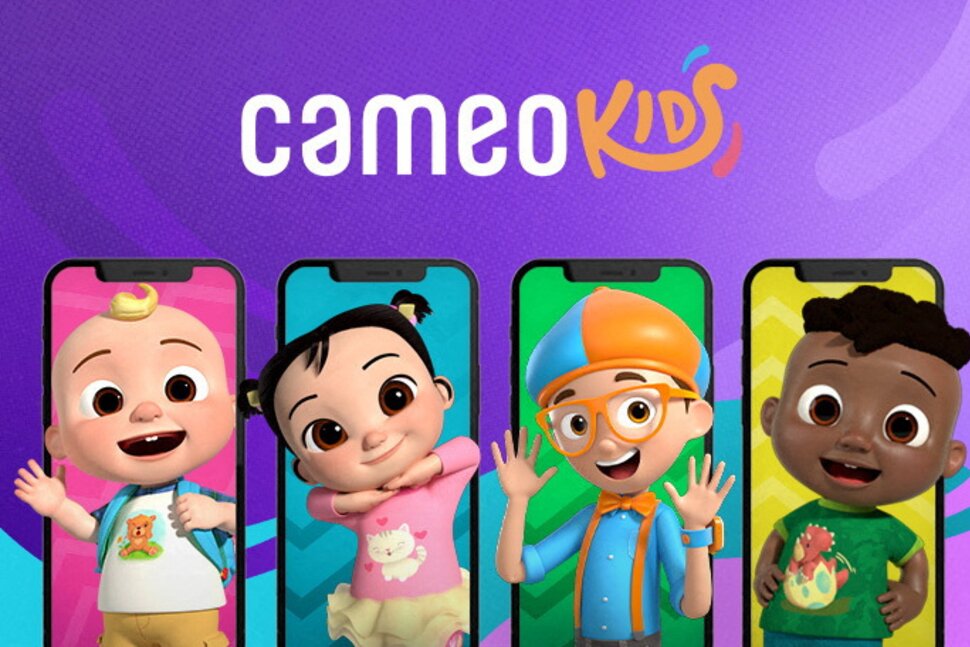
Image Credits: Cameo
- Epic Games launched Cabined Accounts for kids under 13 in Fortnite, Rocket League and Fall Guys.
- Microsoft Teams wants to reach consumers with its new Communities feature for clubs and groups who need to organize and communicate. Slack and Discord also target this market, as do Facebook Groups and WhatsApp’s new Communities.
- Telegram is letting users sign-up without a SIM, by offering virtual numbers for purchase via “toncoins” in partnership with Fragment. The company also announced the 1 million subscriber milestone.
- WhatsApp added 3D avatars. Users can set the personalized avatars as their profile photo or choose from one of 36 stickers reflecting different emotions and actions.
Image Credits: WhatsApp
- TikTok released its year-end trends list. Apparently, a chocolate giraffe was very popular, as was a collection of dumb life hacks.
- Yelp takes on Angie’s List (now, just called Angi) with a new way to hire service professionals in the app.
- Amazon Luna now allows Prime members to play already purchased Ubisoft games on Luna without having to subscribe.
- YouTube is rolling out its own take on Twitch emotes.
- Snapchat-owned social mapping app Zenly is shutting down. RIP.
- Facebook Dating is now going to test the same age verification tech that Meta is currently testing on Instagram. ID uploads or selfie videos may be required for users suspected of being underage.
- Robinhood added a waitlist for a new Robinhood Retirement feature, which will offer IRAs with a 1% match on every dollar contributed.
- Roblox is going to allow users 13 and up to import their contacts and will introduce friend recommendations.
This Week in Twitter Drama
Image Credits: TechCrunch
A lot happened at the chaotic bird app company this week! In case you haven’t been keeping up with the drama, here’s a quick review:
- Twitter is trying to lure back advertisers with huge incentives, like matching $500,000 to $1 million in spending, up to $1 million cap. Twitter’s ad revenue is said to be 80% below expectations as of the World Cup’s November 20 start.
- Elon Musk made a big deal about publishing internal emails over Twitter’s Hunter Biden laptop drama. He’s calling these reveals “The Twitter Files.” But the hyped event fell a little flat as they only seemed to show a company having conversations over difficult content moderation decisions, ultimately resulting in the company taking the unusual step to limit the reach of a news story at the time over concerns it came from a hack and leak campaign by a Russian group and would violate Twitter’s anti-doxing policy. Twitter had already admitted, in hindsight (and with the aid of further information and reporting), the decision was wrong.
- Twitter’s new VP of Trust and Safety Ella Irwin said the company will now focus on using automation to moderate content, not removals.
- Twitter later released another “Twitter File” that again showed the company simply doing the difficult business of moderation, in this case conflating shadowbanning with de-amplification, as former Twitter exec Kayvon Beykpour pointed out, calling the characterization either “a lazy interpretation or deliberately misleading.”
- Additional concerns were raised as to whether or not the reporter tweeting the story (who is not a Twitter employee) was given internal systems access, as she included screenshots of Twitter’s internal systems in the posts.
- Musk also “exited” deputy general counsel Jim Baker, claiming there were concerns over Baker’s “possible role in suppression of information” related to the so-called Twitter Files.
- Musk said a later Twitter update will show users if they’ve been shadowbanned and why.
- Twitter allowed Andrew Anglin, a neo-Nazi and founder of the white supremacist website The Daily Stormer, back on the app.
- Major brands’ ads appeared on the pages of two white nationalists after their accounts were restored by Musk. Ads from Amazon, Snap, Uber and others were among those impacted. Twitter later emailed advertisers to say it will launch controls to prevent ads from showing up next to certain keywords.
- Twitter is facing multiple lawsuits over layoffs, which could cost it millions in arbitration fees. Some workers on H-1B visas also said they didn’t get adequate immigration support.
- Twitter’s iOS app has been facing issues with a number of key security features, including the ability to protect tweets or toggle DM settings.
- Twitter will offer two different prices for Twitter Blue: a $7 per month subscription if you buy from the website, or $11 if you buy via in-app purchase, to offset the “Apple tax.”
- In the meantime, it started savagely changing legacy verified users‘ checkmarks to inform users who clicked that “this is a legacy verified account. It may or may not be notable.”
- Twitter shut down various developer-focused projects like Twitter Toolbox and others.
- Musk is now promising to delete 1.5 billion inactive accounts to free up usernames.
We’re Thinking About…

Image Credits: Facebook/Meta
A Facebook Twitter clone?
The New York Times took a look at the new startups and social apps capitalizing on Twitter’s chaos after the Musk takeover, also dropping the bombshell reveal that Meta may be cranking up its clone machine to dupe Twitter. The company had already been testing a short message-sharing feature in Instagram called Instagram Notes, but was now wondering if that sort of product should be its own standalone app or another feed within Instagram. While there’s a clear opportunity to gain traction amid Twitter’s transition when some users are looking for an out, we hope Meta doesn’t add even more clutter to the already overwhelmingly busy Instagram app and instead chooses to take a real risk here.
Meta hasn’t successfully launched a new app in years, so it’s easy to see why it wouldn’t want to try now. But it would be so, so interesting if it made a text-heavy, simplified version of Facebook — let’s call it FB Classic, (Gen Z loves nostalgia!) — where the News Feed instead becomes a real-time Twitter-like feed instead. No complicated navigation, no private groups, no Reels, no marketplace or game streams, or all the other detritus of today’s Facebook. Have it all run through Facebook’s existing systems for reporting and moderation. Let people privately post to friends or choose to be more public. Imagine if Facebook’s duped Twitter’s core feature set around posts, replies and threads, favorites and the like, but didn’t take on extra features. Perhaps even offer the ability to sync select posts from Facebook (and the forthcoming IG Notes) to the app’s Twitter-like feed for a minimalistic feed to get everyone started…I mean, I know Meta is building the metaverse now, but…a Twitter 2.0 arms race between Meta and Twitter itself would be wild to watch.
A Microsoft Super App?
Microsoft has discussed debuting a super app with web search, news and shopping to better compete with Google, according to The Information. It’s crazy to imagine how expensive and difficult it would be to get users to download another search app at this point in time, when even Google is complaining it’s losing search market share to TikTok and Instagram. Hey, maybe Microsoft should index TikTok and launch a Gen Z marketing campaign on the app, calling its new super app a better search engine for TikTok videos! Ha! After all, it did consider buying TikTok. Okay, okay, I kid. But if a Microsoft Super App is to succeed, it’s definitely going to need more than Bing (still cannot believe they named it that) to lure in the next generation of users.
Government, Policy and Lawsuits
- Meta failed in its attempt to annul a $267 million fine over WhatsApp’s breaching of GDPR transparency obligations.
- Indiana’s attorney general sued TikTok for deceiving users over China’s access to user data and exposing kids to mature content.
- EU regulators ruled that Meta can’t use its Terms of Service to require users to see personalized ads on Facebook and Instagram.
- Texas banned TikTok on government-issued devices. Other states have done the same, including South Dakota, South Carolina and Maryland.
- The SEC is investigating whether or not the social events app IRL misled investors. The company raised $170 million from SoftBank at a $1.17 billion valuation last year, but some employees told The Information they didn’t believe the app had the 20 million users it claimed to.
- Uber Eats settled a lawsuit with the City of Chicago for listing local restaurants in the Uber Eats and Postmates apps without the restaurants’ consent and charging excess commission fees. Uber will pay $10 million, $5 million of which will go toward paying damages to restaurants.
2023 Predictions
Data.ai released its annual report predicting the next big mobile trends for 2023 (below). The full report is here. Of particular interest is its bet that mobile ad spend will reach $362 billion next year.
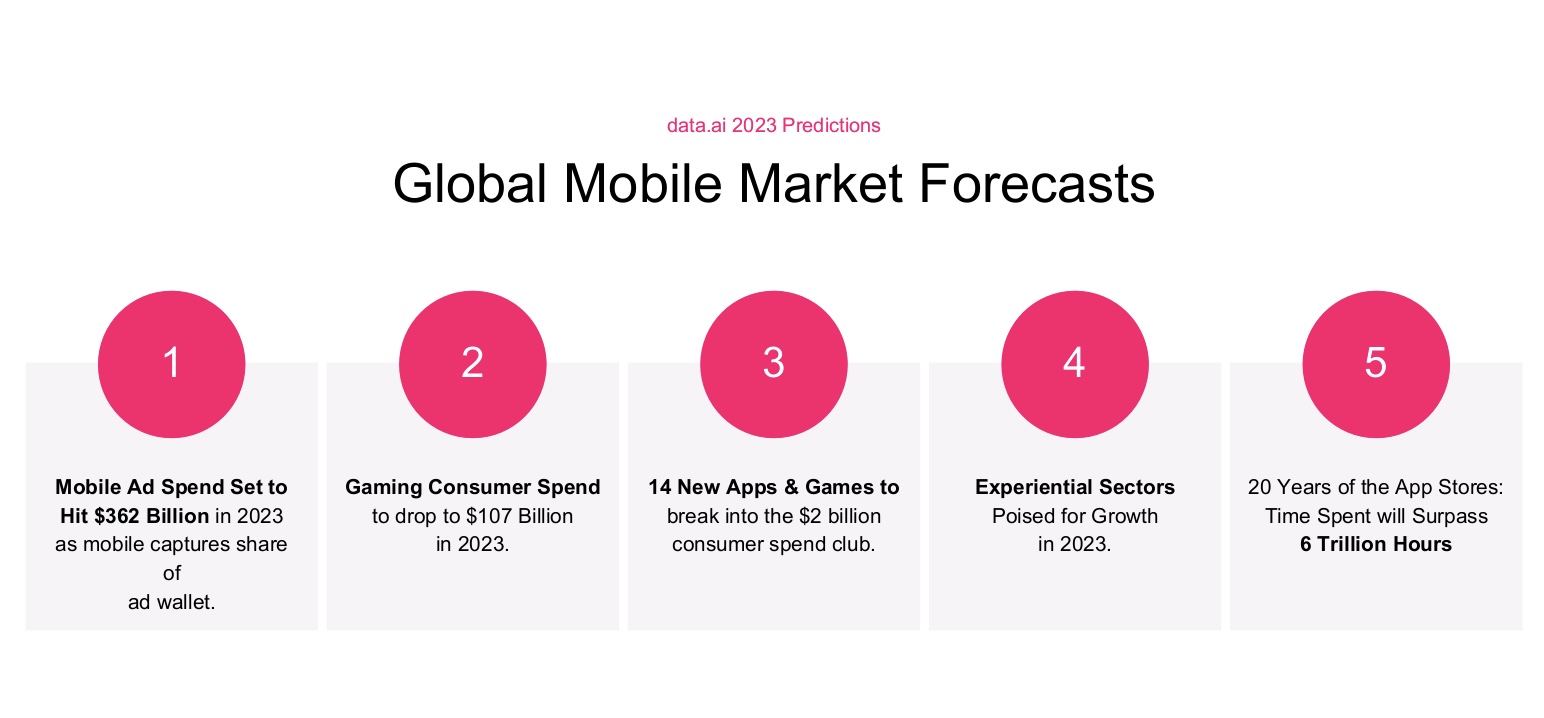
Image Credits: data.ai
Funding and M&A
 Norwegian grocery delivery app Oda raised 1.5 billion Norwegian crowns in equity (about $151 million) in funding at a lowered valuation of $353 million. The service operates in its home market as well as Finland and Germany.
Norwegian grocery delivery app Oda raised 1.5 billion Norwegian crowns in equity (about $151 million) in funding at a lowered valuation of $353 million. The service operates in its home market as well as Finland and Germany.
 Singapore super app Osome raised $25 million in Series B funding. The app helps business owners with administrative tasks like payroll, accounting and tax reporting and serves over 11,000 businesses.
Singapore super app Osome raised $25 million in Series B funding. The app helps business owners with administrative tasks like payroll, accounting and tax reporting and serves over 11,000 businesses.
 Saudi Arabia-based food delivery service Jahez is acquiring The Chefz in a cash and stock deal for $173 million.
Saudi Arabia-based food delivery service Jahez is acquiring The Chefz in a cash and stock deal for $173 million.
Downloads
Lensa AI
Image Credits: Lensa AI on Instagram (opens in a new window)
Well, you probably still want to see it! The avatars Lensa AI makes with Stable Diffusion are impressive, despite the controversy. It’s a great demo of a potential use case for AI, even if ethically fraught. Demand for AI avatars is clearly strong. Lensa’s popularity is having a knock-on effect across the App Store’s Top Charts, as now apps like AI Art, Image Generator; Meitu, Photo Editor & AI Art; Wonder, AI Art Generator; Dawn, AI Avatars; and Prequel, Aesthetic AI Editor have all entered the top 30. The apps are benefitting because they have “AI” in their names — and, in some cases, have bought App Store Search ads.
Also:
- Proton: The E2EE cloud storage service launched iOS and Android apps offering 1GB of storage for free, 200GB for $4 per month, or 500GB for $10 per month.
- Copilot: The popular budgeting and finance app launched a Mac counterpart.
This Week in Apps: Apple App Store’s new pricing, Twitter app makers shift to Mastodon, debate over Lensa AI by Sarah Perez originally published on TechCrunch





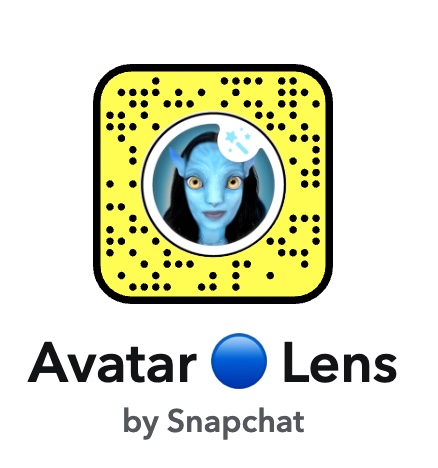
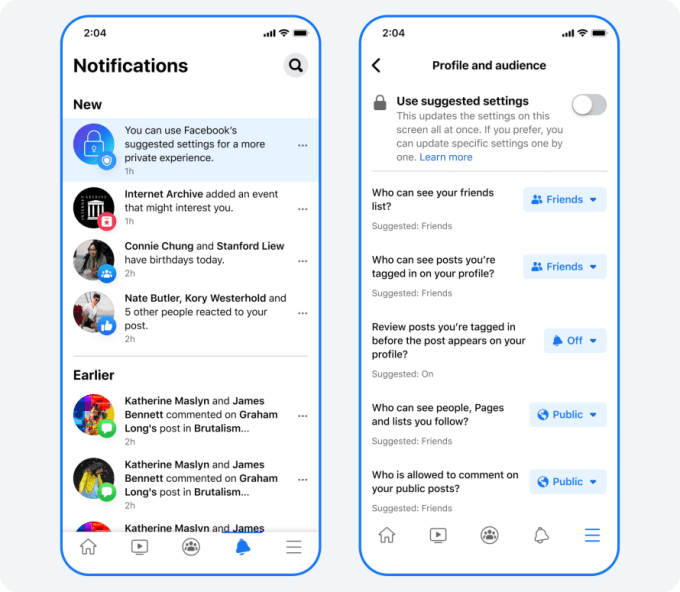
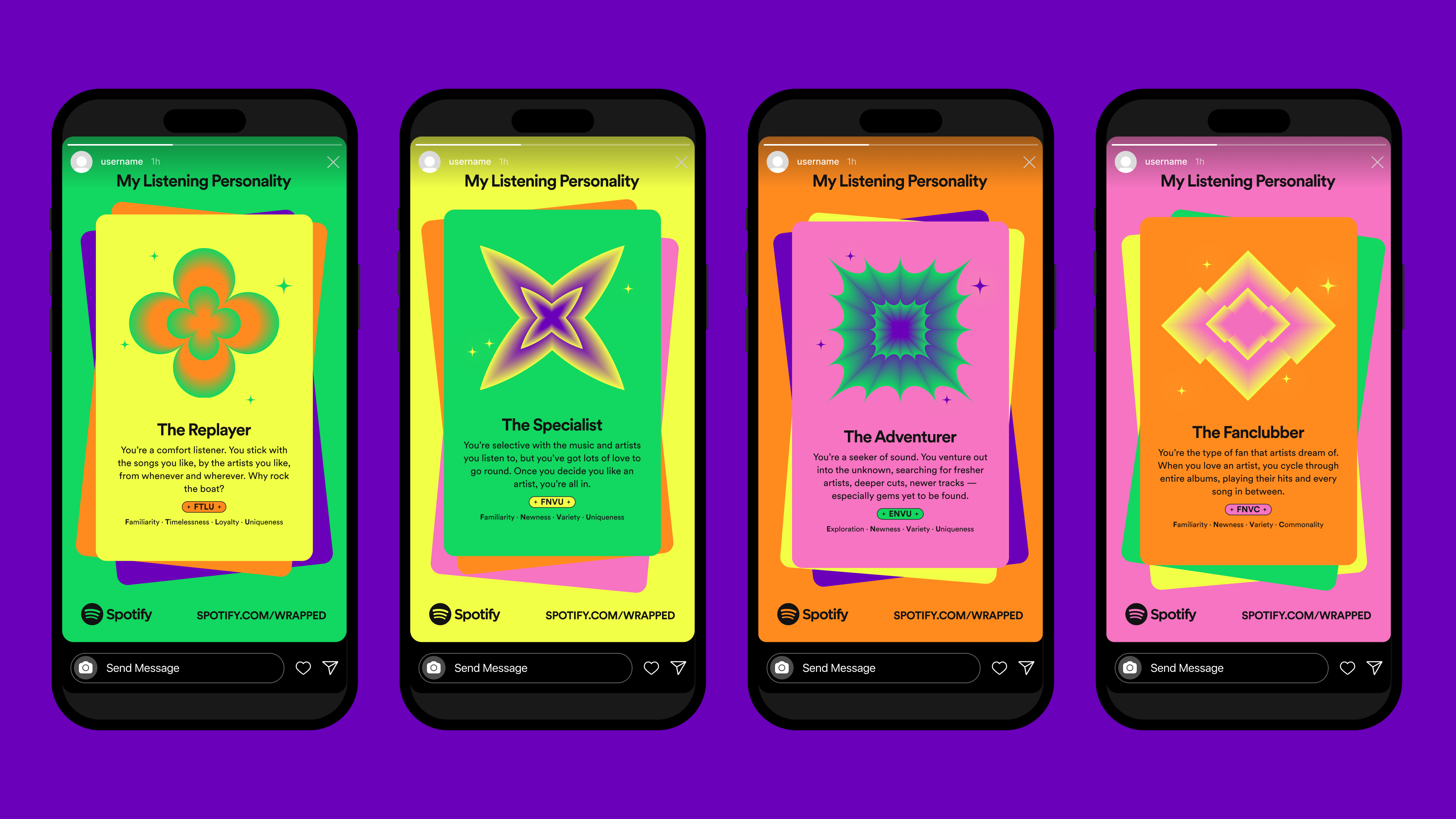

 The
The 
 Google offers several features to help you stay organized and make the most of your digital life. One of these is being able to sync across devices, which allows you to access data stored on your phone, tablet, or computer, and makes it easy to manage tasks across multiple devices. Here are five things you can do when you sync your Android device with Google.
Google offers several features to help you stay organized and make the most of your digital life. One of these is being able to sync across devices, which allows you to access data stored on your phone, tablet, or computer, and makes it easy to manage tasks across multiple devices. Here are five things you can do when you sync your Android device with Google. Many people don’t realize the full potential of syncing their devices with Google, but there are lots of great features that come along with doing so. Here are five of the best things you can do if you sync your Android device with Google.
Many people don’t realize the full potential of syncing their devices with Google, but there are lots of great features that come along with doing so. Here are five of the best things you can do if you sync your Android device with Google. Do you usually switch between devices when working or browsing online? If so, then you know how frustrating it can be to keep track of all your activities and information. Syncing your Android device with Google makes things much easier and more convenient. Here are five ways you can benefit from syncing your Android device with Google.
Do you usually switch between devices when working or browsing online? If so, then you know how frustrating it can be to keep track of all your activities and information. Syncing your Android device with Google makes things much easier and more convenient. Here are five ways you can benefit from syncing your Android device with Google.